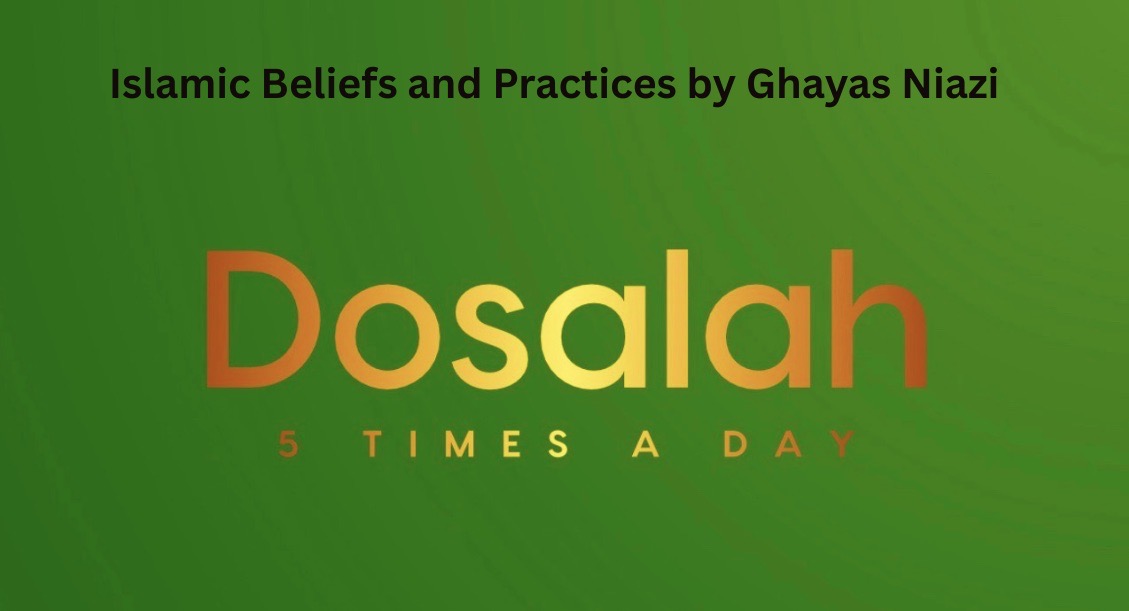
Within the Hanafi school, fidya is exclusively made by individuals who are permanently unable to fast during Ramadan, cannot compensate for missed fasts later, and have no expectation of regaining the ability to fast. All three conditions must be met; otherwise, the missed fasts must be made up at a later time.
In the Hanafi school, there is no time constraint for compensating missed fasts, so this payment is applicable only if someone has no hope of fulfilling the obligation within their lifetime. The following individuals are ineligible to remit fidya:
- Someone temporarily unable to fast due to illness
- A person who broke their fast intentionally or unintentionally
- An individual unable to fast this year due to surgery or similar circumstances but expected to fast in the future
Table of Contents
Is this payment mandatory?
Fasting during Ramadan is a mandatory practice for all capable Muslims and is one of the Five Pillars of Islam. Muslims are required to pay Kaffarah or this compensation when they miss this important obligation, regardless of whether the reason is justified or not. Charity, along with obligatory payments, underscores the significance of the holy month of Ramadan in Islam.
What is the required payment amount?
For every day of missed fasting, one must pay the value of approximately 2 kg of wheat. Please consult a local scholar for the exact amount in your area. In the UK, this is £5 per missed fast, which should provide one person with two meals or two people with one meal. If someone misses all the fasts of Ramadan 2025, they would need to pay £150. Please consult a local scholar to determine the exact amount in your area. There is some difference of opinion among Islamic schools of jurisprudence as to the exact amount. Consult a scholar if unsure.
Why does Islam value this practice?
In addition to being mandatory for those unable to fast, this payment allows eligible Muslims to assist those in need who struggle with hunger. Sadly, 828 million people endure hunger daily in some of the world’s poorest communities. Food is a fundamental necessity for survival and a healthy lifestyle. Without consistent, nutritious meals, children cannot attend school, caregivers cannot work, and communities struggle to survive. By donating this compensation, you can provide relief to impoverished families during Ramadan.
What do you need to do to give this payment before Ramadan starts?
Scholars have differing opinions on when fidya should be made. Some believe it should be paid daily at the end of each fast or all at once at the end of Ramadan. However, the Hanafi school allows it to be made at the beginning or end of Ramadan. For someone who misses all the fasts of Ramadan 2025, the total would be £150. Please consult a local scholar on what the exact amount is in your area.
How much does this payment cost for Ramadan 2025?
It is £5 for every missed fast, providing two meals for one person or one meal for two people. If someone skips all the fasts of Ramadan, they would need to pay £150 for thirty missed days. As to the exact amount. Consult a scholar if unsure.

What distinguishes this payment from Kaffarah?
This compensation is paid for intentionally missing a fast with a valid reason, while Kaffarah is paid for breaking a fast without justification. The amount for this payment is equivalent to feeding one person, whereas Kaffarah requires feeding 60 people.
Who qualifies to make this payment?
If you miss or are exempt from fasting due to illness, old age, or other reasons that prevent you from making up fasts, you can pay this compensation.
Who is eligible to receive it?
This payment is to be distributed exclusively to the impoverished and destitute, not to everyone. Scholars regard it as analogous to Zakat, meaning those eligible are among the same groups who qualify for Zakat.
Conclusion
This practice is a fundamental component of Islam, enabling those who are chronically unable to fast during Ramadan to fulfill their religious obligation while helping others in need. Particularly emphasized in the Hanafi school, it highlights the balance between religious duties and personal capacity. By providing meals to the underprivileged, fidya embodies Islamic values of compassion and social responsibility. It ensures that even those who cannot fast can contribute to solidarity and compassion within the global Muslim community. Through fidya, Muslims uphold their faith and transform the lives of the less fortunate.
